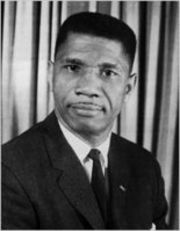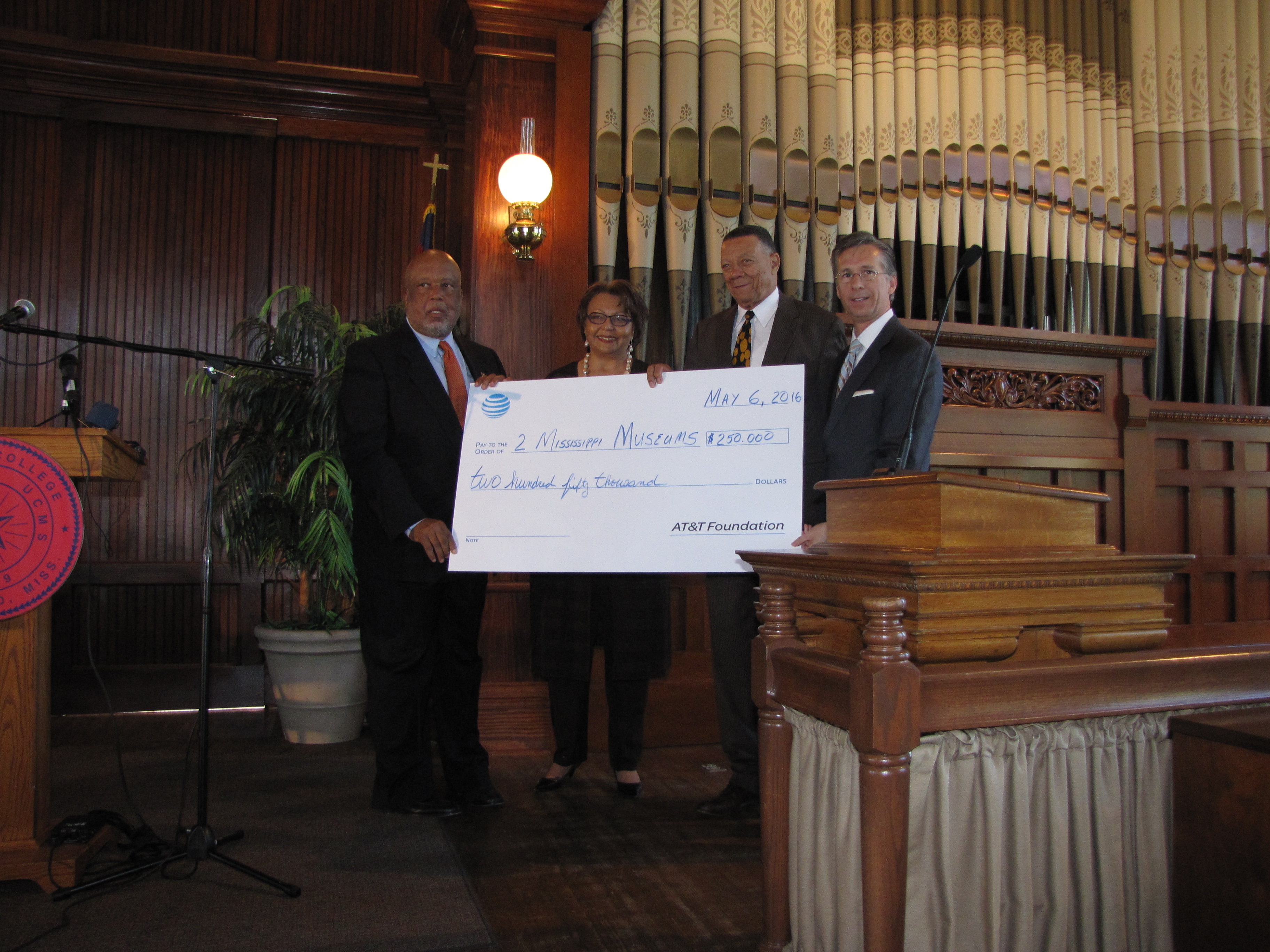

JACKSON, Miss. (AP) — The home where Mississippi civil rights leader Medgar Evers was assassinated in 1963 gets thousands of visitors each year, operates as a college-owned museum and relies on state grants and private donations for maintenance funds. Now the state’s U.S. senators are hoping the National Park Service can lend a hand.
Republican senators Thad Cochran and Roger Wicker said Friday they’ve filed a bill that would authorize a study on the national significance of the Evers home, as a step toward making it part of the Park Service. The bill is similar to one filed earlier by U.S. Rep. Bennie Thompson, D-Miss.
Making the home a National Park Service site would bring a steadier source of money from Washington.
“Medgar Evers was a pivotal civil rights leader, who fought for justice and helped change Mississippi and the nation for the better,” Cochran said in a news release. “The study authorized by our legislation would direct the National Park Service to help determine how best to preserve his legacy.”
The proposals are supported by Tougaloo College, which has owned the Evers home since 1993. The home has been a museum since 1997. Curator Minnie Watson said Friday that it underwent its third restoration several months ago, including work to strengthen the foundation that had shifted.
The mint-green, ranch style home has been on the National Register of Historic Places since 2000.
The museum is open by appointment only. Watson said about 6,800 people visited it from July 2013 through June 2014, the most recent year for which numbers are available.
“They come from all over the world. That’s what’s fascinating to me,” Watson said.
As the first Mississippi field secretary for the NAACP, Evers led voter registration drives and challenged Mississippi’s staunchly segregated society. He stayed out late on June 11, 1963, to attend a community meeting, and his wife and their three young children were still awake when he pulled into the driveway after midnight on June 12. While he was still in the carport, he was killed by a sniper who fired from across the street.
Byron De La Beckwith, a white segregationist, was tried twice on murder charges in 1964, but all-white juries deadlocked without either convicting or acquitting him. After a renewed investigation, Beckwith was tried and found guilty of murder in 1994. He died in prison in 2001.



